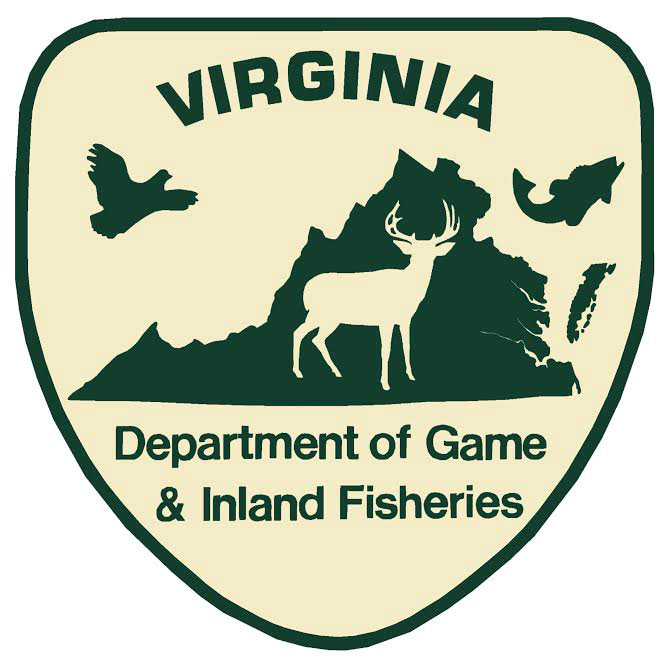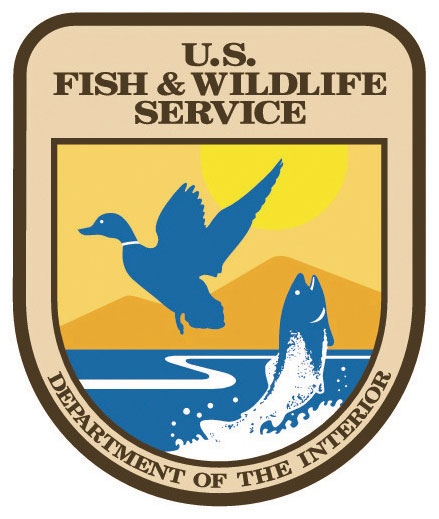Land Snails
.jpg)
Photo(s): Gastrocopta riparia shell © Jeff Nekola.
Click photo(s) to enlarge.
Gastrocopta riparia (Pilsbry, 1916) (not yet reported)
Family: Vertiginidae
Common name: Gulf Coast Snaggletooth
Identification
Height: ~2.5mm
Width: ~1.1mm
Whorls: 5
This species is distinguished from the very similar G. procera by the placement of the lower palatal lamella. In G. riparia this “tooth” is less deeply inserted with the long axis being roughly perpendicular to the lower apertural margin, rather than parallel as in G. procera (Nekola & Coles, 2010).
Ecology
Gastrocopta riparia is found in decomposed leaf litter, often under dense shrub or vine thickets in damp, disturbed sites such as railroad rights-of-way, roadside verges, vacant lots, floodplains, and other scrubland habitats. It seems more tolerant of acidic conditions than G. procera (Nekola & Coles, 2010).
Taxonomy
A synonym for this animal’s name is Gastrocopta procera form riparia. Although Hubricht (1985) and Nekola & Coles (2010) attributed this taxon to Hubricht, 1978, we follow Turgeon et al. (1998) and NatureServe who attributed it to Pilsbry, 1916. Turgeon et al. (1998: 289) noted that this taxon was validly proposed by H.A. Pilsbry (1916, Man. Conchol. ser. 2, 24:65).
Distribution
This animal is restricted to the southeastern coastal plain, where it ranges from southern Texas across the Gulf Coast to the Albemarle-Pamlico Peninsula in eastern North Carolina.
Although Gastrocopta riparia has not yet been recorded from Virginia, given its nearby presence in the outer coastal plain of North Carolina, it is to be expected from the far southeastern part of the state and from the counties to the east of Chesapeake Bay.
Conservation
NatureServe Global Rank: G4/G5, Secure.
Jeff Nekola, Tim Pearce 9/2012


